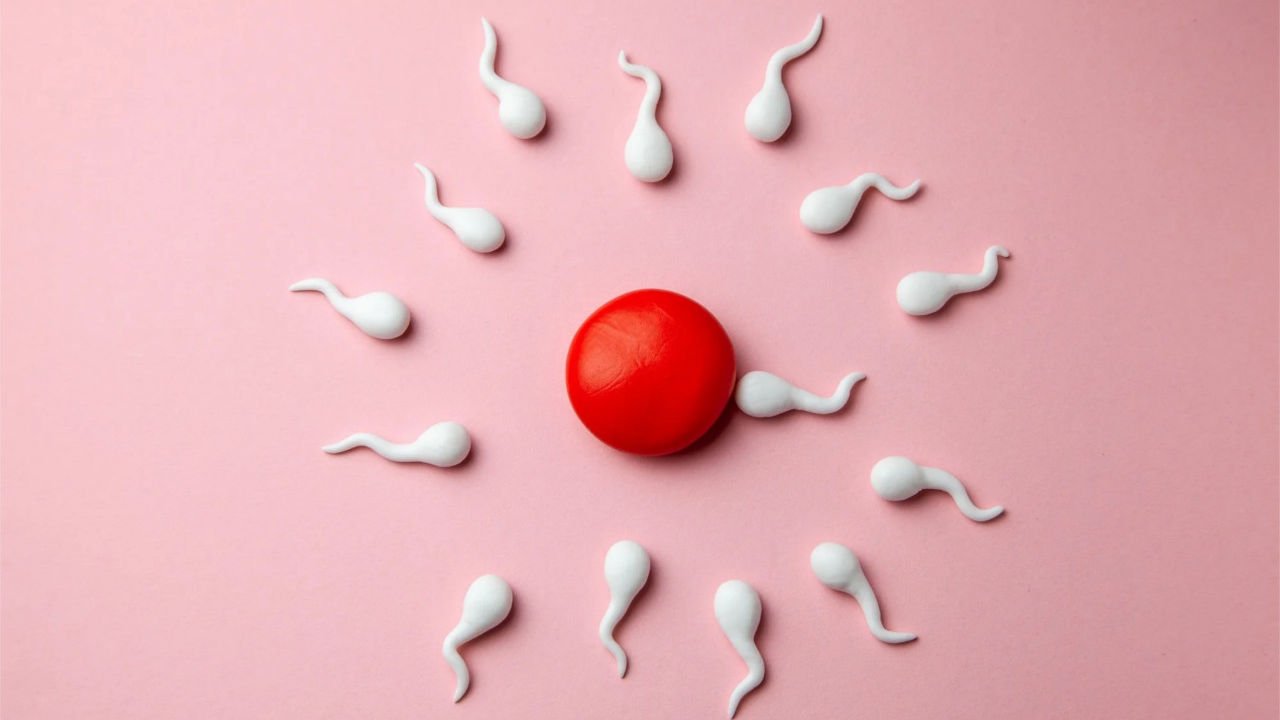When it comes to boosting fertility, many people turn to supplements like CoQ10. CoQ10, short for coenzyme Q10, is an antioxidant that naturally occurs in the body and is essential for the production of energy in cells. While it is known to support heart health and improve exercise performance, recent studies have shown that it may also have a positive impact on fertility, especially in women. However, determining the right dosage of dietary supplements can be confusing. In this article, we will explore how much CoQ10 you should take for fertility and the latest research on its effectiveness. For quick reference, you can read our CoQ10 Benefits or CoQ10 and Heart Health and CoQ10 Benefits COVID articles.
Coenzyme Q10
Female Fertility
Male and Female Fertility
Assisted Reproductive Technology Procedures
CoQ10 Fertility: What the Research Says
Study 1 - CoQ10 and Egg Quality
Study 2 - CoQ10 and Sperm Count
How Much CoQ10 Should You Take for Fertility?
Factors to Considers When Taking CoQ10 for Fertility
Age and overall health:
Dosage:
Quality of Supplement:
Form of supplement:
Interactions with other medications:
Duration of supplementation:
Underlying fertility issues:
Frequently Asked Questions
What does sperm motility mean?
Sperm motility refers to the ability of sperm to move and swim forward in a progressive and coordinated manner. This swimming motion is an important factor in male fertility because it is necessary for the sperm to be able to swim through the female reproductive tract to reach and fertilize the egg. The quality and quantity of sperm motility can be assessed through semen analysis, which measures the percentage of sperm that are motile and the quality of their movement. Low sperm motility is a common cause of male infertility, as it can reduce the chances of fertilization and successful pregnancy.
How does Coenzyme q10 work within the mitochondria?
Coenzyme Q10 (CoQ10) plays a critical role in cellular energy production and works within the mitochondria by serving as a cofactor in the electron transport chain (ETC), which is responsible for generating adenosine triphosphate (ATP), the primary energy source for the human body. CoQ10 facilitates the transfer of electrons between different complexes in the ETC, ultimately leading to the production of ATP. Additionally, CoQ10 also functions as a potent antioxidant and free radical scavenger, protecting the mitochondria from oxidative stress and damage. Overall, CoQ10 plays a vital role in mitochondrial function and energy production, which is essential for overall health and wellness.
How exactly does Coenzyme Q10 help male fertility?
Coenzyme Q10 is an important antioxidant and energy-producing compound found naturally in the human body. Studies have shown that Coenzyme Q10 supplementation can improve sperm quality and male fertility by increasing sperm motility, count, and concentration. Coenzyme Q10 is involved in the energy production process within the mitochondria of the sperm cells, which is essential for their motility and function. By enhancing mitochondrial function and reducing oxidative stress, Coenzyme Q10 helps to protect sperm from damage and improve their overall quality. Coenzyme Q10 supplementation may be particularly beneficial for men with low sperm count or poor sperm motility, as it has been shown to increase both parameters in some studies.
Is Coenzyme Q10 a powerful antioxidant?
Yes, Coenzyme Q10 is a powerful antioxidant. It plays an important role in protecting cells from oxidative damage caused by free radicals, which are unstable molecules that can cause damage to cells and DNA. Coenzyme Q10 helps to neutralize free radicals and prevent oxidative damage, which can lead to various health problems. Additionally, Coenzyme Q10 is involved in generating energy within cells, particularly in the mitochondria, which are often referred to as the powerhouse of the cell.
Have there been any clinical trials of CoQ10 using a control group?
Yes, there have been clinical trials of CoQ10 using a control group. One such study is a randomized controlled trial that examined the effects of CoQ10 on sperm density, motility, and morphology in infertile men. The study involved 212 infertile men who were randomized into two groups, with one group receiving 300 mg of CoQ10 daily for 26 weeks, and the other group receiving a placebo. The results showed that the CoQ10 group had significant improvements in sperm density, motility, and morphology compared to the placebo group. This study provides evidence for the potential benefits of CoQ10 in male infertility.










